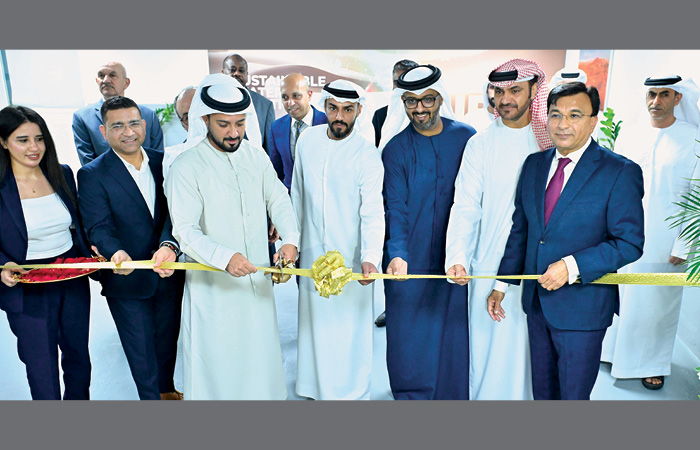Tourism being one of the most promising catalysts for global economic growth holds the potential to drive the transition towards a green economy, contributing to sustainable and inclusive development. Given its extensive connections to various sectors, progress towards sustainability within the tourism industry can have a significant positive impact on responsible global prosperity.
Investment and financing play a vital role in facilitating the shift towards low-carbon, resource-efficient, and socially inclusive tourism development. The opportunities for investment and financing are diverse, ranging from public and private investments in low-carbon transportation options to the development of resource-efficient tourism infrastructure. Additionally, initiatives to support innovation, encourage the adoption of responsible business practices, and foster the integration of tourism enterprises into low-carbon and sustainable supply chains are crucial components of this process.
According to a recent report from the consulting firm Arthur D. Little, the United Arab Emirates (UAE) experienced a 32 per cent year on year (YoY) increase in green and sustainable finance issuance in 2022. The UAE boasts a rich landscape encompassing expansive deserts, pristine coastlines, and awe-inspiring architecture, making it attractive to millions of tourists annually. As the demand for authentic cultural experiences and sustainable and eco-friendly activities continues to grow, there is a pressing need to leverage green financing opportunities within the UAE’s tourism sector. By harnessing these opportunities, resource-efficient and sustainable tourism development and consumption can be encouraged and developed.
Across the UAE, the support for sustainable tourism is evident from the public focus and investments within this area. For example, in 2021 the Ras Al Khaimah Tourism Development, in partnership with RAK Hospitality Holding and the RAK Chamber of Commerce and Industry, pledged to invest AED500 across 20 sustainable tourism development projects in the Emirate. By allocating financial resources to these endeavours, the carbon footprint of the UAE’s tourism industry can be significantly reduced. As the global tourism landscape increasingly prioritises sustainability, foreign investors are more inclined to support projects that align with environmentally friendly principles. Green financing opens doors for UAE-based businesses to access these international investors, promoting sustainable tourism practices within the country.
Moreover, green financing holds the potential to generate employment opportunities within the UAE’s tourism industry. Encouraging responsible business is another key area where investment and financing can make a difference. This involves supporting initiatives that promote ethical operations, environmental conservation, and social responsibility.
Through the strategic application of green financing, the UAE can forge a path towards a more sustainable and vibrant tourism industry. Higher education institutes and universities can contribute to this by offering specialised courses and programs that educate students about sustainable finance, green investment, and environmental economics. By integrating green finance concepts into their curricula, they can prepare future professionals to address sustainability challenges in the tourism sector. Furthermore, universities can conduct research on green finance, identify innovative financing models, and collaborate with industry stakeholders to develop sustainable investment strategies. Their knowledge-sharing platforms can drive the adoption of green finance practices.
 TravTalk Middle East Online Magazine
TravTalk Middle East Online Magazine






